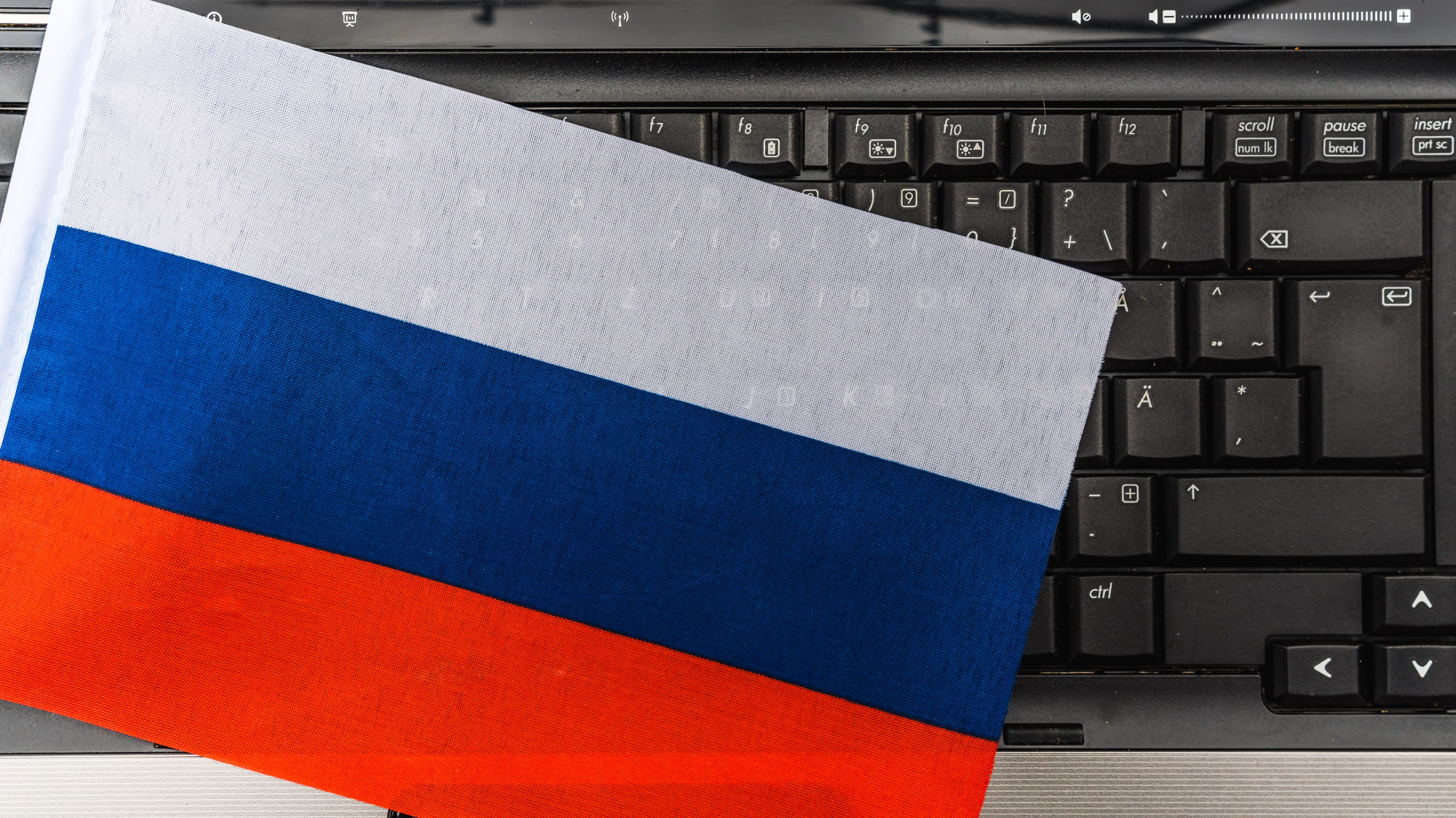ICANN rejects call to remove Russian domains from the Internet
ICANN not designed to govern the internet, it says

The Internet Corporation for Assigned Names and Numbers (ICANN) has declined Ukraine’s plea to cut Russia off from the global internet.
Following the invasion by Russian forces, Ukraine's representative at ICANN had asked for top-level domains and their associated Secure Sockets Layer (SSL) certificates, to be revoked and web hosting services taken down.
However ICANN says it can’t do that, and even if it could - it wouldn’t, as such actions are not within the corporation’s mission.
No actor can shut down the internet
The news was confirmed in a letter ICANN’s CEO, Göran Marby, sent to the Ukrainian officials.
"As you know, the Internet is a decentralized system. No one actor has the ability to control it or shut it down," ICANN CEO Göran Marby allegedly wrote.
Even though Marby said the situation Ukraine has found itself in was “terrible”, he added that ICANN’s mission “does not extend to taking punitive actions, issuing sanctions, or restricting access against segments of the Internet -- regardless of the provocations."
"Essentially," he added, "ICANN has been built to ensure that the Internet works, not for its coordination role to be used to stop it from working."
Are you a pro? Subscribe to our newsletter
Sign up to the TechRadar Pro newsletter to get all the top news, opinion, features and guidance your business needs to succeed!
The request had come from Andrii Nabok, Ukrainian ICANN representative, and Mykhailo Fedorov, Ukrainian Vice Prime Minister and Minister of Digital Transformation, and asked for the .ru, .рф, and .su TLDs to be removed.
They were also asking the ICANN to shut down DNS root servers situated in the Russian Federation, namely Saint Petersburg, RU (IPv4 199.7.83.42), and Moscow, RU (IPv4 199.7.83.42, 3 instances).
“Russia is using its weapon to target civilian infrastructure such as residential apartments, kindergartens, hospitals,” the letter reads.
“These atrocious crimes have been made possible mainly due to the Russian propaganda machinery using websites continuously spreading disinformation, hate speech, promoting violence and hiding the truth regarding the war in Ukraine. Ukrainian IT infrastructure has undergone numerous attacks from the Russian side impeding citizens’ and government’s ability to communicate.”
The two politicians have also asked RIPE NCC to withdraw the right to use all IPv4 and IPv6 addresses, by all Russian members of RIPE NCC, and to block the DNS root servers it operates.
- Here's our rundown of the best VPN services available today
Via: CNN
Sead is a seasoned freelance journalist based in Sarajevo, Bosnia and Herzegovina. He writes about IT (cloud, IoT, 5G, VPN) and cybersecurity (ransomware, data breaches, laws and regulations). In his career, spanning more than a decade, he’s written for numerous media outlets, including Al Jazeera Balkans. He’s also held several modules on content writing for Represent Communications.